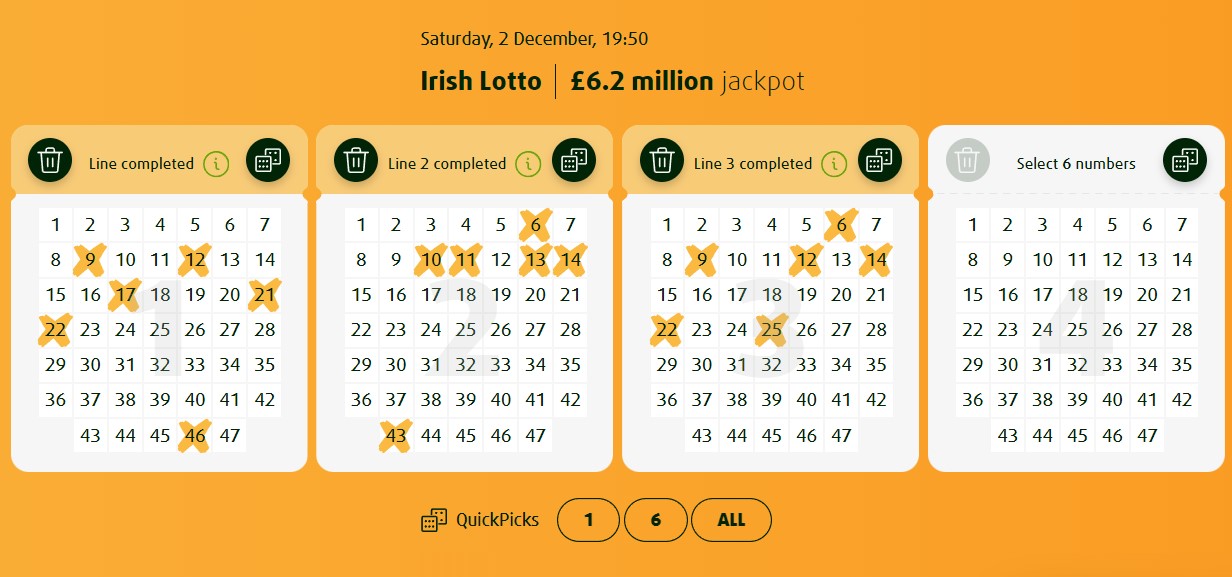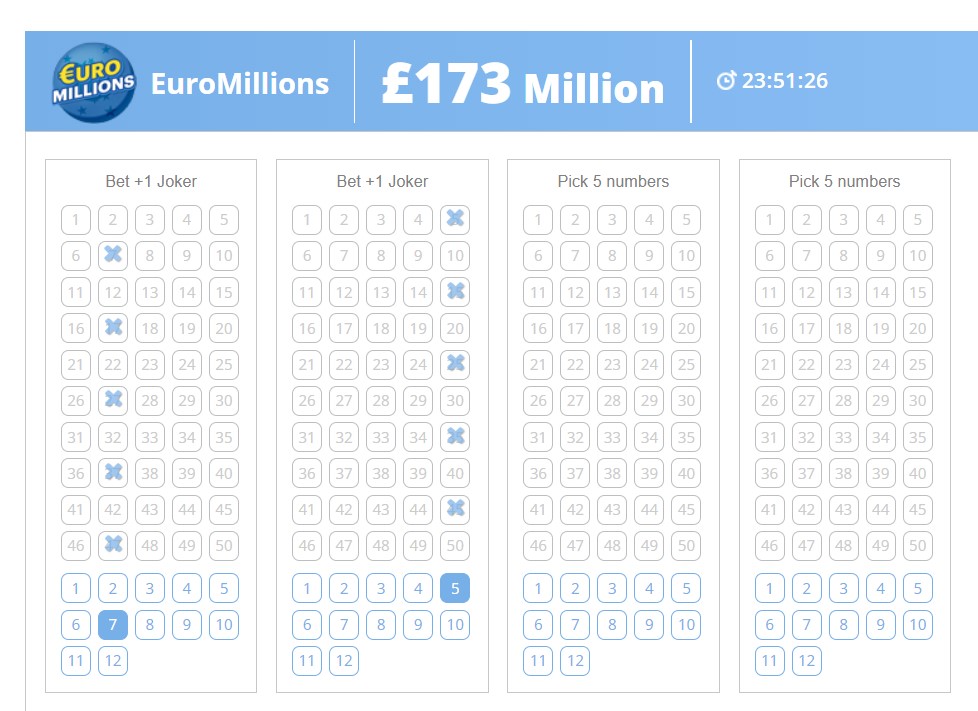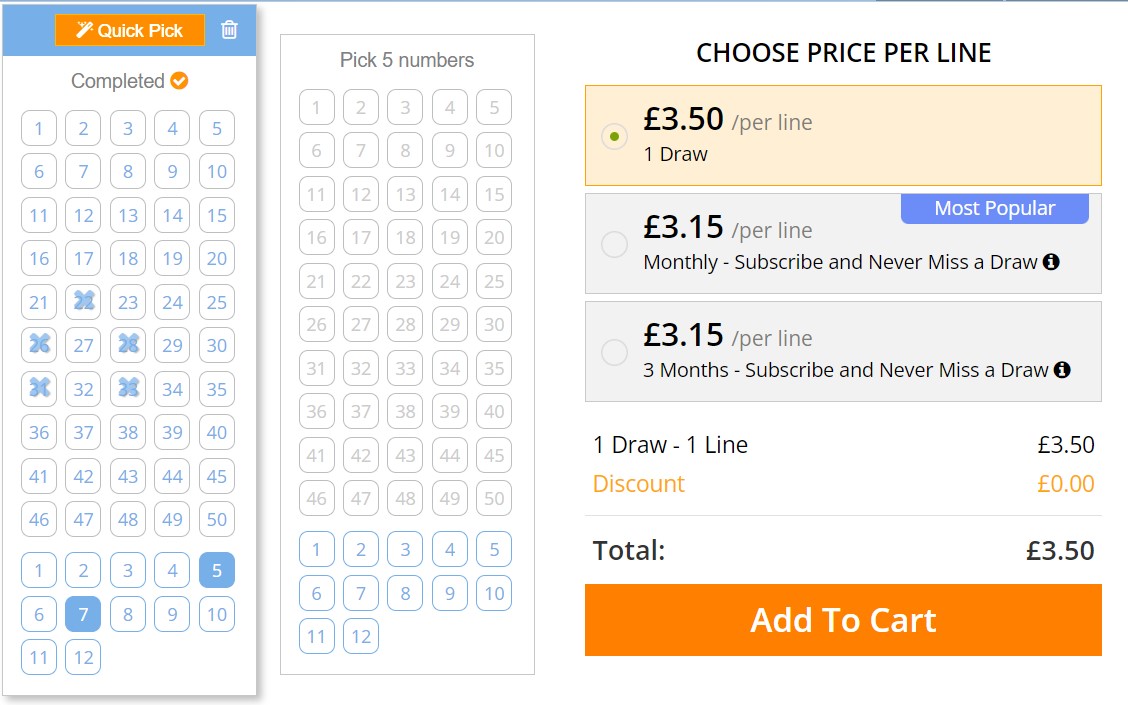How to Choose Lottery Numbers
Lotteries have captured the imagination of people around the world for generations, offering the tantalizing promise of instant wealth. While the odds of winning a lottery jackpot are undeniably slim, the excitement and hope that come with picking out those lucky numbers remain irresistible. The methods for selecting lottery numbers vary widely, from statistical approaches to personal superstitions. In this comprehensive guide on how to win the lottery, we’ll explore several strategies for choosing lottery numbers, as well as common questions and insights about the process.
Choosing Frequently Picked Numbers
One common and intriguing strategy that has captivated the attention of many hopeful lottery players involves the selection of numbers that have enjoyed a history of frequent appearances in past draws.
The allure of this approach is rooted in the notion that these recurring numbers might possess an elevated chance of being chosen once again, owing to the perceived existence of historical patterns. While this method might initially appear grounded in logic, it’s important to engrain within our understanding that every lottery draw operates as an independent and purely random occurrence. The weight of past results holds no bearing on the trajectory of future outcomes, thereby casting a shadow of skepticism upon the idea that consistently picked numbers hold the key to success.

Using the Delta System
In the realm of more structured methodologies, the Delta System emerges as a systematic technique that involves the systematic assignment of a distinctive “delta” value to each individual number. This numerical assignment subsequently paves the way for the selection of numbers characterized by lower delta values.
The mechanics of the delta values are meticulously calculated by discerning the numerical disparity between each chosen number and the predecessor drawn in the previous round.
Advocates of this particular methodology maintain the belief that the Delta System serves as a discerning tool for singling out numbers that boast a heightened probability of materializing in the subsequent draw. However, akin to various other strategic approaches, the Delta System is not immune to criticism. It stands atop a foundation lacking in concrete empirical evidence and, in no small measure, leans upon assumptions about the intricate art of lottery number selection.
Choosing Lucky Numbers
In the world of picking lottery numbers, there’s a unique approach that some people take to choose their numbers. Many people rely on their personal beliefs and strong faith in luck when they decide on their numbers.

These favored numbers often have a connection to important dates in their lives, like birthdays and special anniversaries that hold a special place in their hearts. It’s as if these dates are etched into their memories. And when they choose a number, certain numbers also carry cultural or spiritual meanings that deeply resonate with certain people. Even though these chosen numbers might not have better chances statistically, the emotional tie and feeling of alignment with these personal symbols offer a sense of comfort and connection.
This adds a touch of familiarity to the lottery process, making it a more enjoyable and engaging experience for those who choose a number and participate.
Using Random Numbers
In a marked departure from the calculated and analytical strategies that dominate the landscape of lottery number selection, there exists a faction of lottery enthusiasts who embrace the philosophy of sheer randomness. This perspective posits that, given the inherently random nature of lottery draws, the most prudent course of action lies in the deliberate selection of numbers devoid of any discernible pattern or calculation. Various technological tools and applications cater to this inclination, generating sequences of numbers in a haphazard and unpredictable manner. By doing so, these tools ensure the elimination of any semblance of pattern or bias that might taint the sanctity of the selection process.

The philosophy here rests on the notion that embracing randomness serves as the closest approximation to aligning with the inherently capricious nature of lottery draws.
There’s No Wrong Way To Pick Your Numbers
At the heart of the topic is the critical knowledge that no system, no matter how clever or sophisticated, can be marketed as a fail-safe blueprint for unlocking the secrets of winning numbers.
The fundamental nature of lotteries is based on chance, and the outcome of each draw, as you pick a number, stays a mystery, unpredictably or manipulably.
Whether one’s choices are anchored in rigorous data analysis, fervent personal beliefs, or the serendipity of randomness, the journey of participating in a lottery is one laden with excitement and anticipation, every time you pick a number. It stands as a testament to the human spirit’s relentless pursuit of hope and adventure. However, the wisdom that guides this pursuit cautions against harboring unrealistic expectations, especially when picking a number. Rather, it encourages the embrace of the rarity of victory while reveling in the camaraderie of millions who share in the thrill of the game each time they pick a number.
FAQ
What is the best method to pick lottery numbers?
What are the 5 most common winning lottery numbers?
What is the formula for lottery numbers?
What are the 6 most drawn Lotto numbers?

